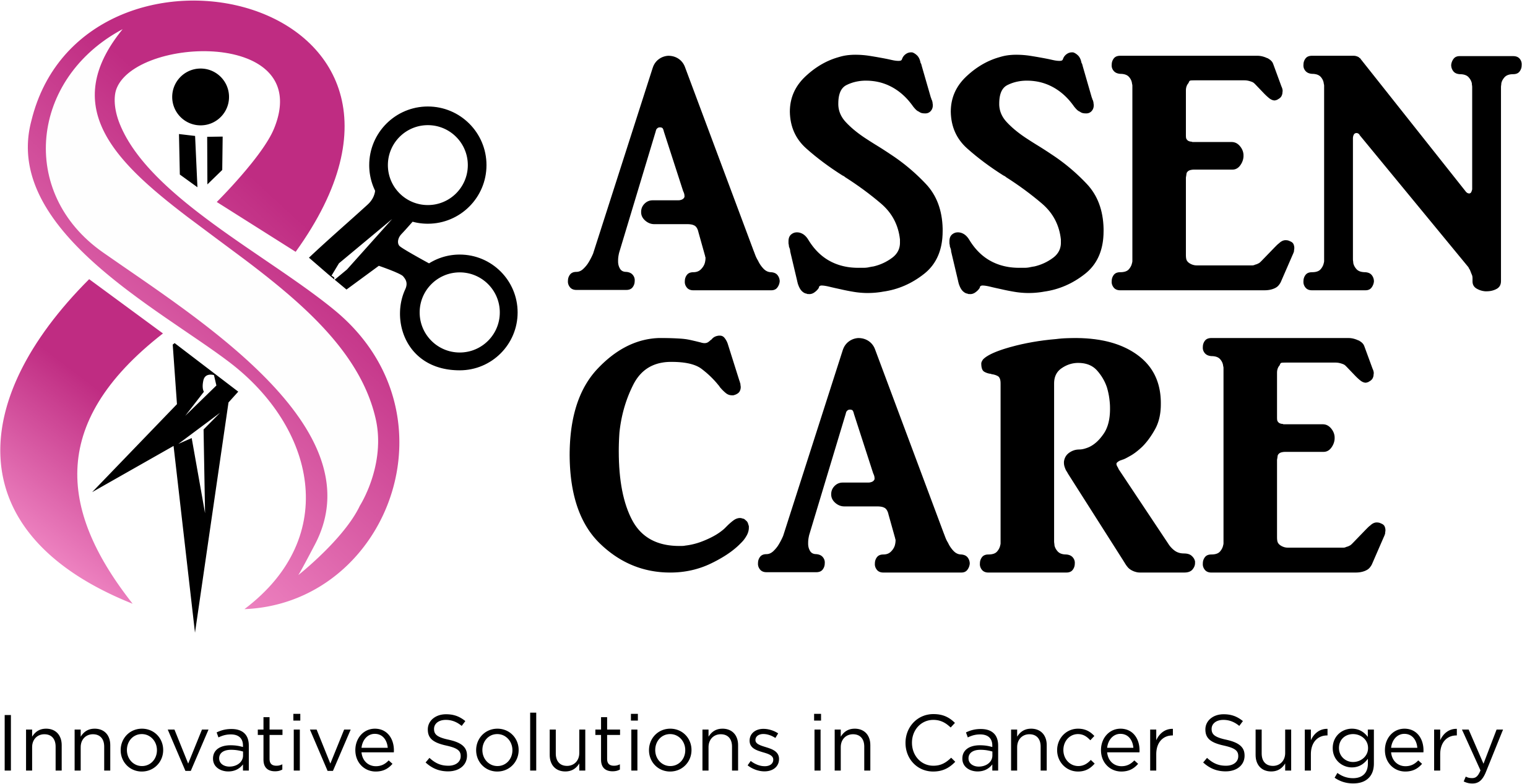
Oral Cancer Surgery
Removal of malignant tumors from the lips, tongue, gums, and other oral structures, with an emphasis on preserving function and appearance.
Oral cancer, a type of head and neck cancer, affects the mouth and throat. It can appear in various forms, including on the lips, tongue, gums, or the inner lining of the cheeks. Early detection and timely intervention are critical for successful treatment, and oral cancer surgery plays a pivotal role in this process.
Understanding Oral Cancer: Oral cancer primarily develops in the squamous cells that line the mouth and lips. Risk factors include tobacco use, excessive alcohol consumption, HPV infection, and prolonged exposure to the sun. Symptoms might include persistent sores, lumps, or ulcers in the mouth that do not heal, difficulty swallowing, and changes in speech.
Diagnosis of Oral Cancer: Accurate diagnosis is essential for effective treatment planning. This process usually begins with a thorough examination by a specialist, followed by imaging tests like CT scans, MRIs, or PET scans. A biopsy may also be performed to determine the cancer's stage and grade.
Surgical Treatment of Oral Cancer: Oral cancer surgery involves the removal of the tumor and some surrounding healthy tissue to ensure that no cancer cells are left behind. The type of surgery depends on the tumor's size, location, and stage.Common procedures include:
- Local Excision: Removal of the tumor and a small margin of healthy tissue.
- Glossectomy: Partial or total removal of the tongue, depending on the tumor's extent.
- Mandibulectomy: Removal of part or all of the jawbone if the cancer has spread to the bone.
- Neck Dissection: Removal of lymph nodes in the neck if the cancer has spread.
- Reconstruction: After tumor removal, reconstructive surgery may be needed to restore the mouth's appearance and function. This may involve skin grafts, flaps, or dental implants.
Post-Surgery Care and Rehabilitation: Post-operative care is crucial for recovery. Patients may experience difficulties with speaking, swallowing, and eating, which may require speech therapy or physical therapy. Pain management and wound care are also integral parts of the recovery process. Regular follow-up visits are essential to monitor for any signs of recurrence. Rehabilitation programs are often recommended to help patients regain their ability to eat, speak, and live comfortably. Psychological support and counseling may also be beneficial for coping with the emotional impact of cancer treatment.
Success Rates and Prognosis: The success rate of oral cancer surgery largely depends on the stage at which the cancer is detected. Early-stage cancers have a higher success rate, with many patients achieving full recovery. Advanced-stage cancers may require additional treatments like radiation therapy or chemotherapy, but with proper care, many patients still achieve positive outcomes.
Why Choose Dr. Vikas Agrawal for Oral Cancer Surgery?
Dr. Vikas Agrawal at Assen Care is a leading expert in oral cancer
surgery. With extensive experience in managing complex cases, Dr.
Agrawal employs advanced surgical techniques to ensure optimal outcomes
for his patients. His patient-centered approach focuses on preserving as
much function as possible while effectively removing the cancer.
At Assen Care, patients receive comprehensive care, from diagnosis to
post-operative rehabilitation. The facility is equipped with
state-of-the-art technology, and the team is committed to providing
personalized care that meets each patient's unique needs.
Conclusion:
Oral cancer surgery is a vital treatment option that can save lives.
Early detection and intervention are key to successful outcomes. Dr.
Vikas Agrawal’s expertise in oral cancer surgery, combined with the
comprehensive care offered at Assen Care, ensures that patients receive
the best possible treatment. Whether it's a simple excision or a more
complex reconstructive surgery, Dr. Agrawal's approach is tailored to
achieve the best functional and aesthetic results.

